Renewed Civil Conflict in Sudan: Understanding the Dynamics and Consequences
The civil war in Sudan reignited with renewed offensive actions by the Sudanese Armed Forces against the Rapid Support Forces amid an ongoing conflict leading to over 20,000 deaths and 11 million displaced. Rooted in a power struggle between military leaders, the conflict has historical origins linked to the north-south divide and has been exacerbated by the legacy of authoritarian rule and external influences.
The ongoing civil war in Sudan re-escalated recently as the Sudanese Armed Forces (SAF) intensified military actions against the Rapid Support Forces (RSF) in urban centers such as Khartoum and Bahri. This resurgence of hostilities comes amidst a protracted conflict that has endured for over eighteen months, resulting in significant humanitarian crises, with reported fatalities exceeding 20,000 and the displacement of approximately 11 million individuals by October 2024. At the core of this civil turmoil lies a fierce power struggle between two leading figures: SAF general Abdel Fattah al-Burhan and RSF commander Hamdan Dagalo (commonly referred to as Hemedti). Initially ignited in Khartoum, the conflict has since spread throughout various regions, including Omdurman, Bahri, Port Sudan, Darfur, and Kordofan, revealing the widespread nature of the strife. Historically, the roots of this civil war can be traced back to Sudan’s independence from the Anglo-Egyptian Condominium in 1956, which marked the beginning of internal conflicts between the affluent Arab Muslim north and the predominantly Christian or Animist south. Notably, two major civil wars occurred—the first from 1955 to 1972 and the second from 1983 to 2005—each resulting in millions of deaths, atrocities, and ultimately the secession of South Sudan in 2011. Although the second civil war concluded with a peace agreement in 2005, tensions have traditionally persisted, specifically within the Darfur region. The regime of Omar al-Bashir, which came into power through a coup in 1989, ruled Sudan with an iron fist for three decades, enforcing strict Sharia law and employing the notorious Janjaweed militias to suppress dissent and combat rebellion. His administration faced severe criticism for committing genocide against non-Arab groups such as the Fur, Zaghawa, and Masalit in Darfur. The overthrow of Bashir in April 2019, following mass protests, initiated a transitional government combining military and civilian leadership; however, this phase was destabilized by a subsequent coup in 2021 that ousted the civilian Prime Minister Abdalla Hamdok, leaving a power vacuum. The RSF, which evolved from the Janjaweed militia partially responsible for the Darfur crisis, was formally organized in 2013 and has since gained substantial wealth and influence primarily through control of Sudan’s gold resources. Despite efforts made towards establishing a transitional civilian government via a December 2022 agreement, significant discord persisted regarding the integration of the RSF into the national armed forces, leading to persistent tensions between Burhan and Hemedti. Additionally, external influences, such as the involvement of the Wagner Group and military support from the UAE, have exacerbated the conflict, complicating attempts for resolution. Today, the enduring conflict in Sudan is characterized by multiple factors: a fierce struggle for power between the SAF and RSF, a persistent arms supply despite a UN embargo, growing ethnic tensions notably exemplified in Darfur, foreign interference by various nations, and failed peace negotiations including efforts like the Jeddah Declaration in 2023. Thus, without effective intervention or compromise, the pathway to peace appears exceedingly tenuous and fraught with challenges.
The civil conflict in Sudan is a complex matter with deep historical roots, stemming from longstanding internal divisions and socio-political struggles. Since gaining independence in 1956, Sudan has witnessed multiple civil wars fueled by regional disparities and ethnic tensions, particularly between the affluent north and the marginalized south. Additionally, the legacy of Omar al-Bashir’s authoritarian rule and the emergence of paramilitary groups like the RSF have further aggravated the power dynamics within the country. The situation remains critical, with immense humanitarian consequences as the conflict endures.
In summary, Sudan’s civil war represents an intricate struggle for power driven by historical grievances, ethnic tensions, and external influences. The recent resurgence of violence illustrates the fragility of the political landscape and underscores the profound humanitarian toll that has resulted from the protracted conflict. The ongoing international attempts to mediate and resolve these issues face formidable obstacles, highlighting a dire need for sustained dialogue and commitment to peace.
Original Source: www.drishtiias.com
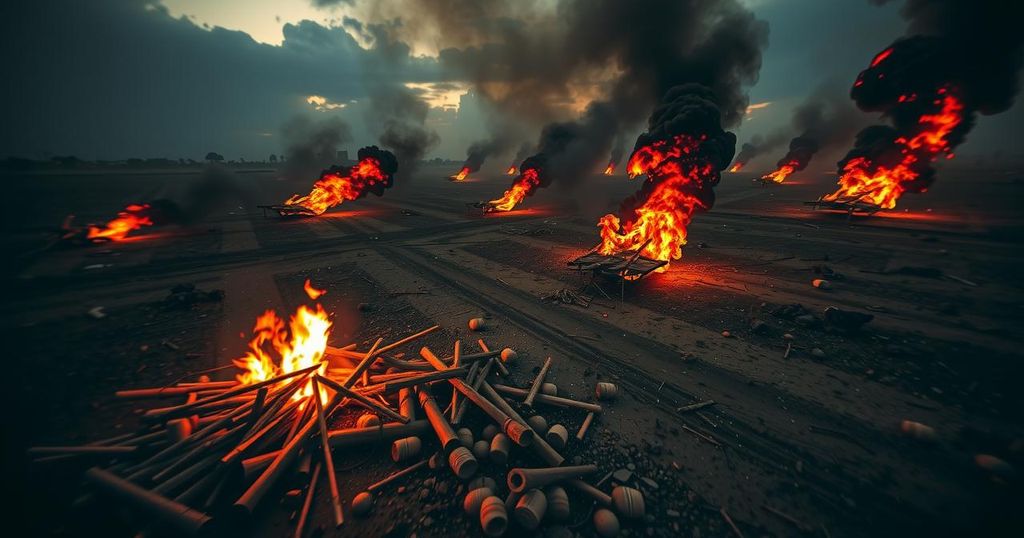

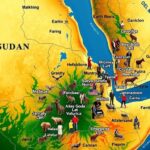
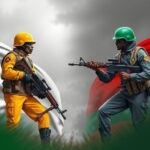

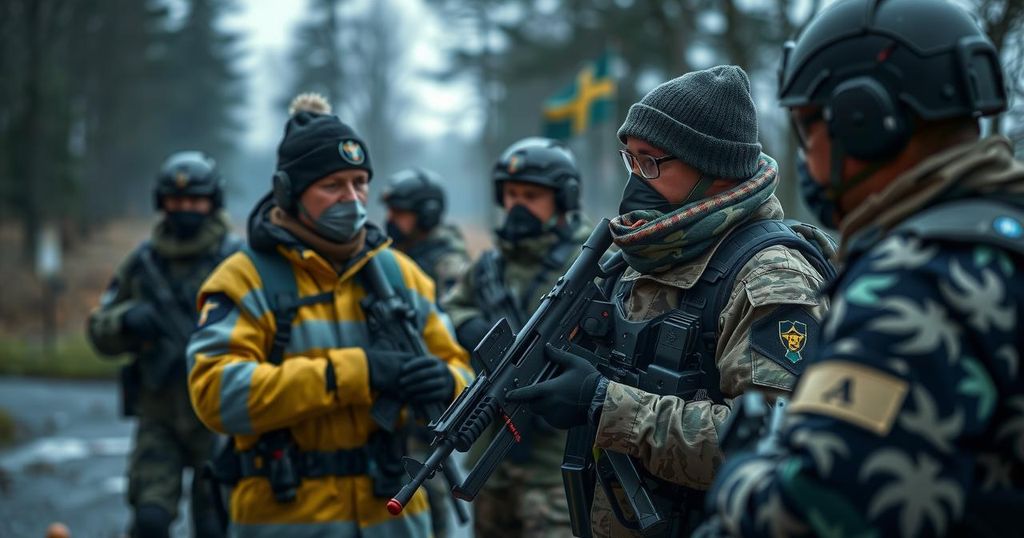
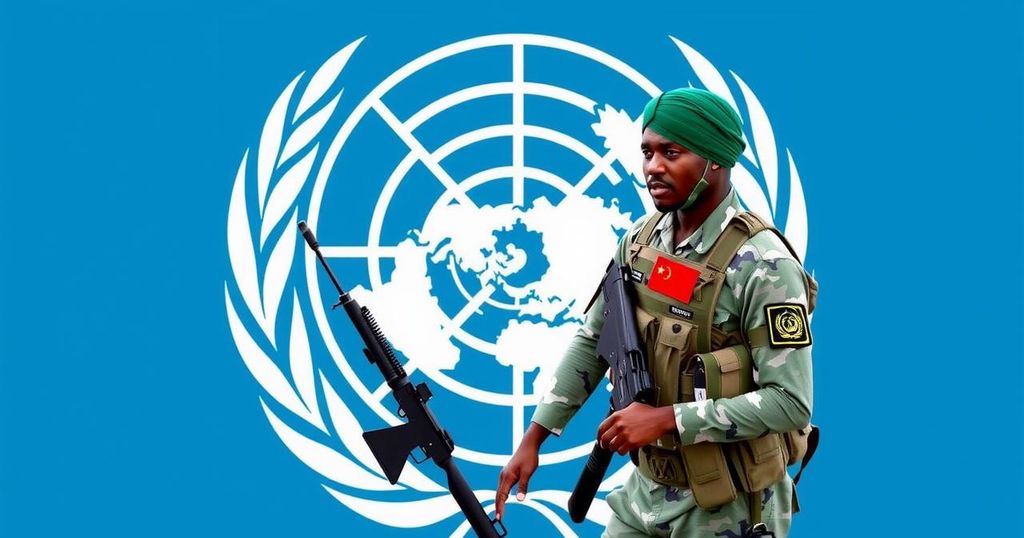
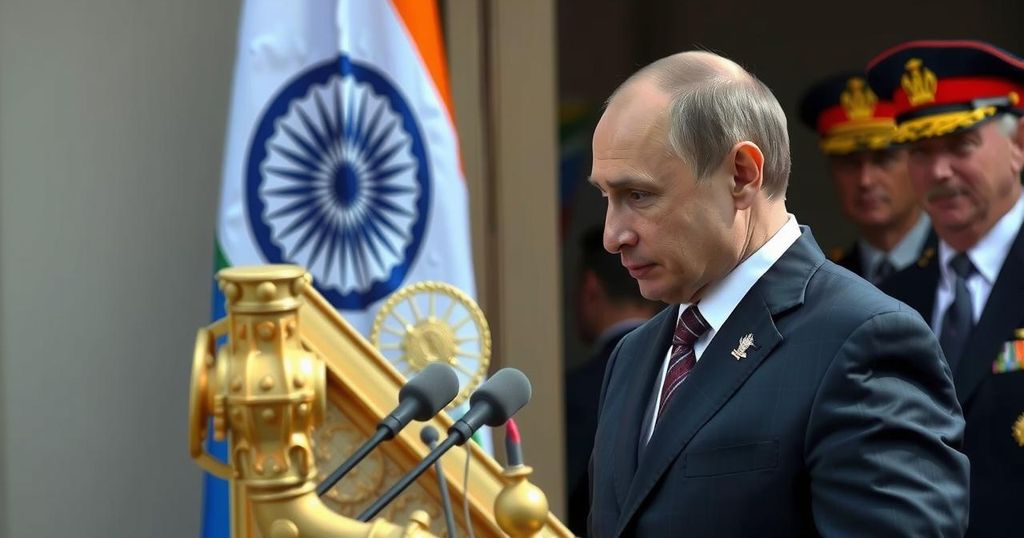
Post Comment